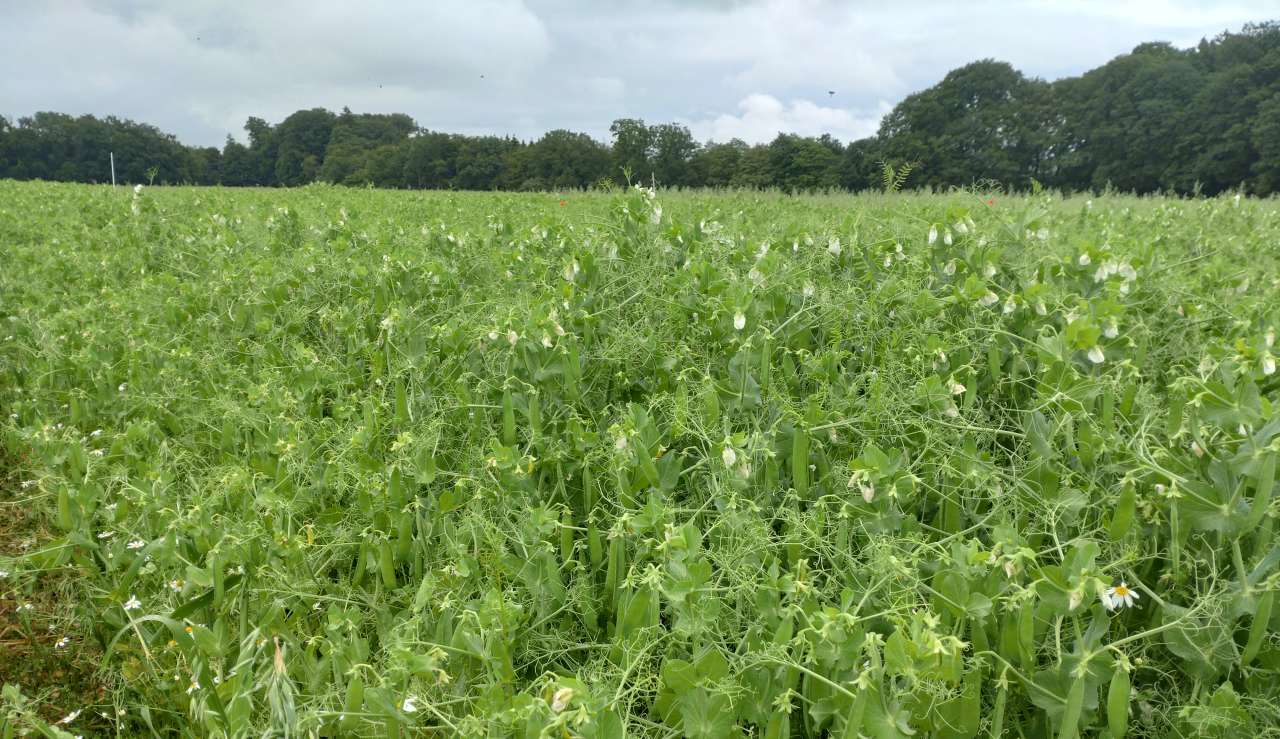Division of Biotechnology and Plant Health
LeFaSus - Uncovering Legume Soil Fatigue for Sustainable Expansion of European Grain Legume Cultivation

End: jul 2027
Start: apr 2024
LeFaSus seeks to identify the most important causes and indicators of legume fatigue in several European countries.
| Start - end date | 01.04.2024 - 01.07.2027 |
| Project manager at Nibio | Heidi Udnes Aamot |
| Division | Division of Biotechnology and Plant Health |
| Department | Fungal Plant Pathology in Forestry, Agriculture and Horticulture |
| Partners | University of Kassel (Germany), University of Ferrara (Italy), Institut for Organic Agriculture (Luxembourg), Norwegian University of Life Sciences |
Over the past decades, countless efforts have been made to promote the cultivation of legumes, especially grain legumes, to reduce the use of mineral N fertilisers, increase biodiversity, reduce dependence on imported feed proteins and improve soil biological properties and humus content. However, grain legumes are still not widely grown. One of the main reasons is "legume fatigue", which limits the expansion of legume cultivation in many European environments. The exact causes of legume fatigue are not known, although soil-borne diseases interacting with abiotic factors are thought to play a key role. Recent results suggest that the balance between pathogen loa and soil suppressiveness, rather than pathogen load alone, is critical. In several farms and/or regions legume fatigue is not reported to be a problem, while in others it severely limits legume production. The reasons for this variation are not fully understood, but identification of the causes is urgent, but only possible in a collaborative project covering several different environments and including multiple assessments of biotic and abiotic factors.
A network of farms and long-term experiments will be established with the purpose of identify main factors determining legume fatigue. The network will be established across a transect from southern to northern Europe (Italy, Germany, Luxembourg and Norway). Norway will be represented by NIBIO and NMBU. Their main contribution will be i) to identify Norwegian farms to participate in the farm network (by doing a survey among farmers in the main regions for protein crop cultivation) and ii) perform field assessments and sampling of plant and soil on selected farms. Data collected by all partners in the farm network will be used to identify main factors determining legume fatigue and deliver a reliable set of indicators for legume fatigue as well as disease suppressive soils and connect these indicators to the management practices that likely led to them.
